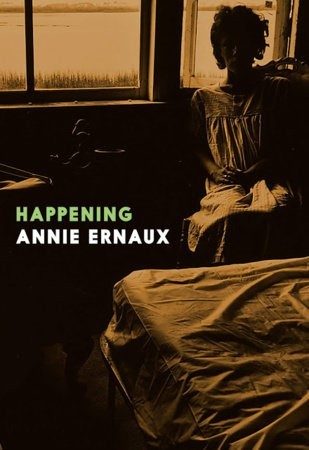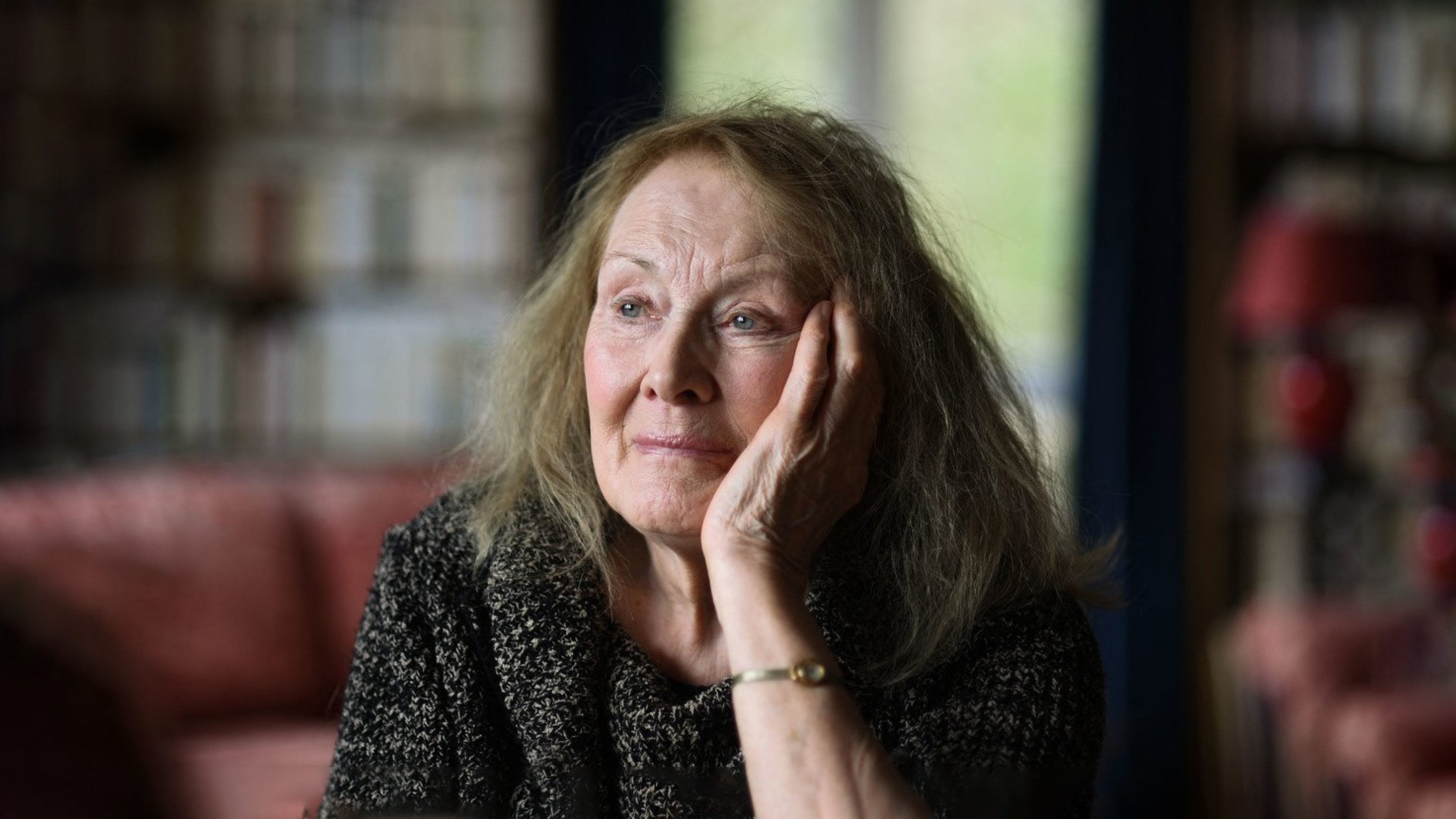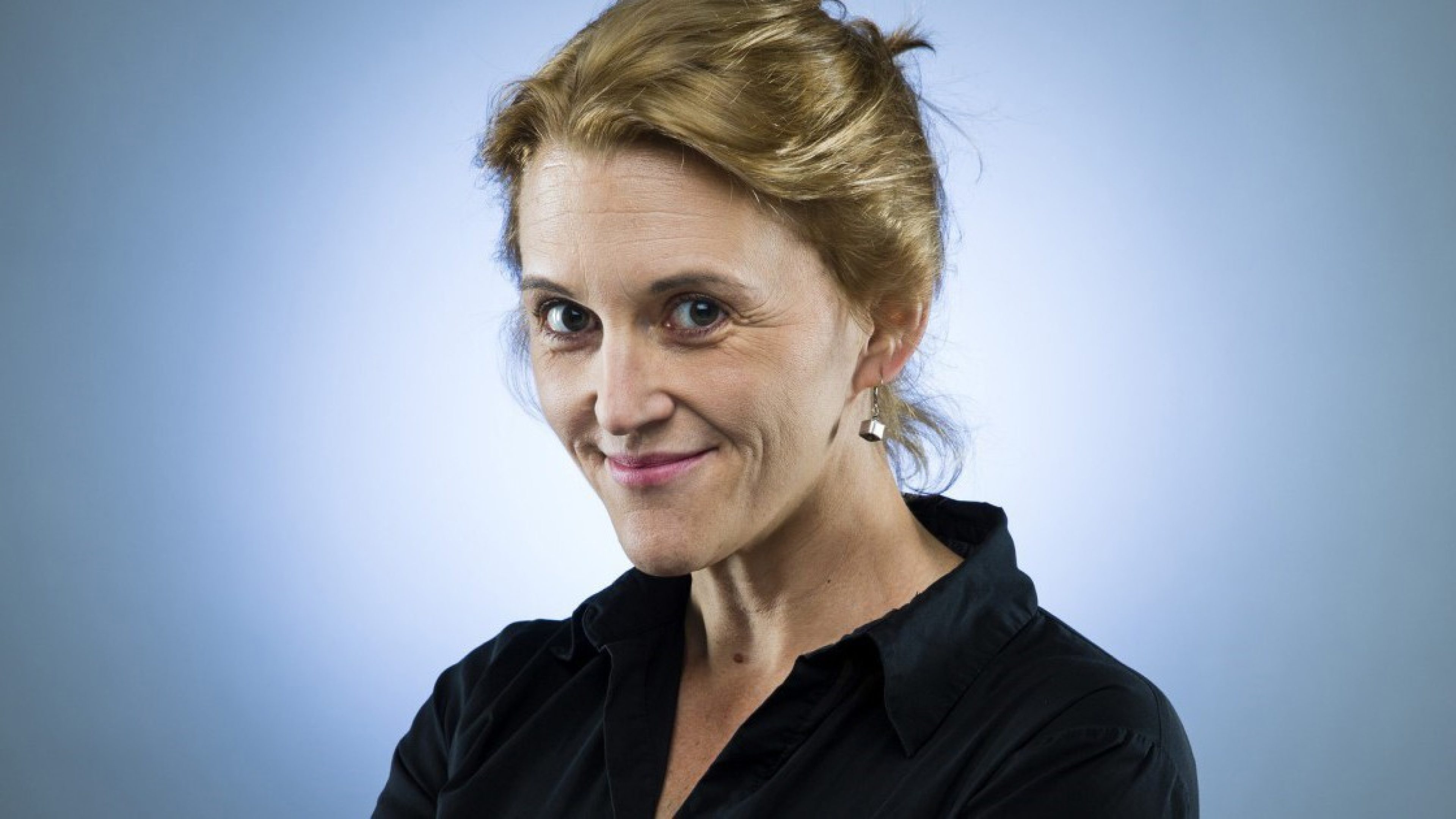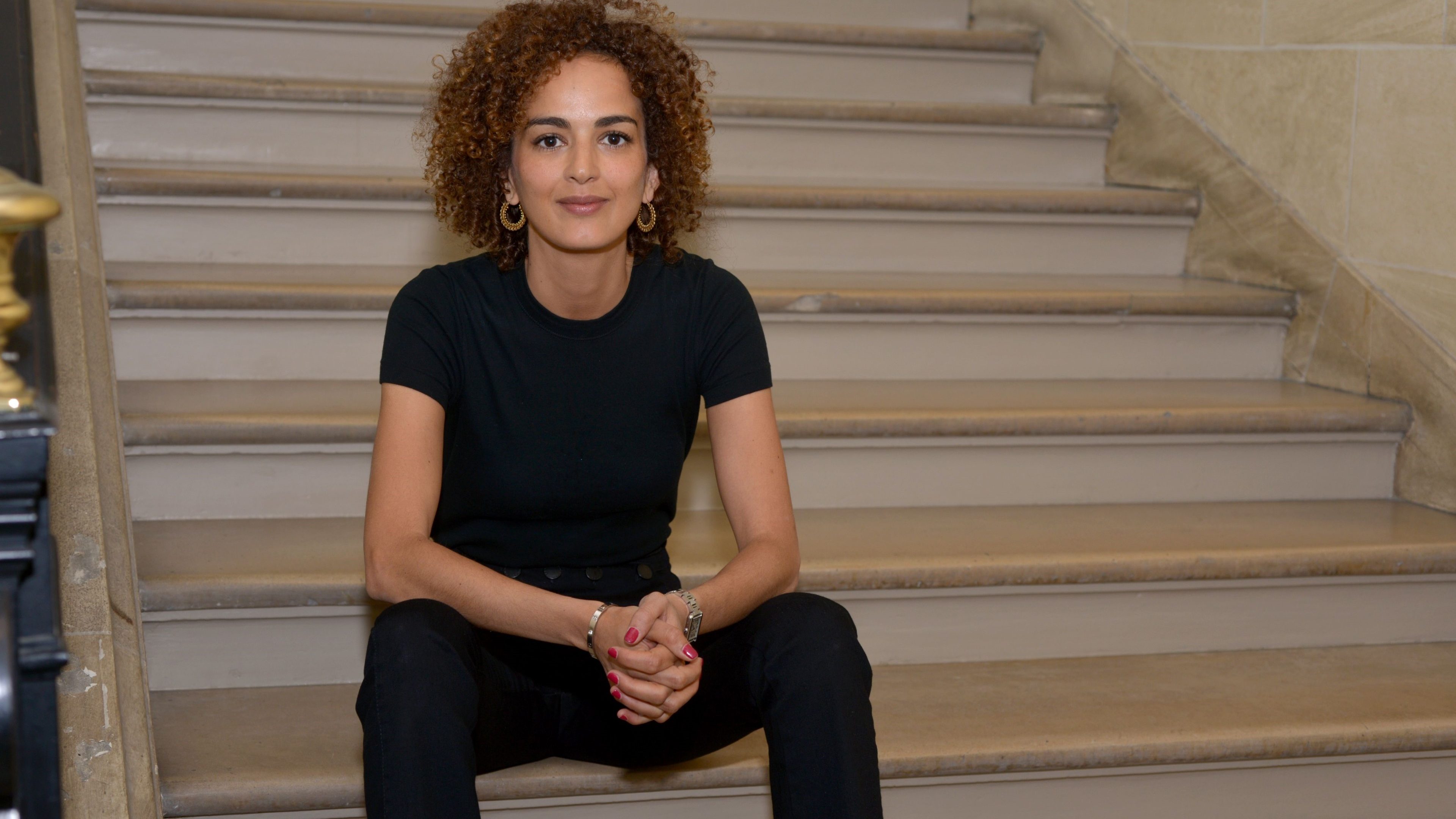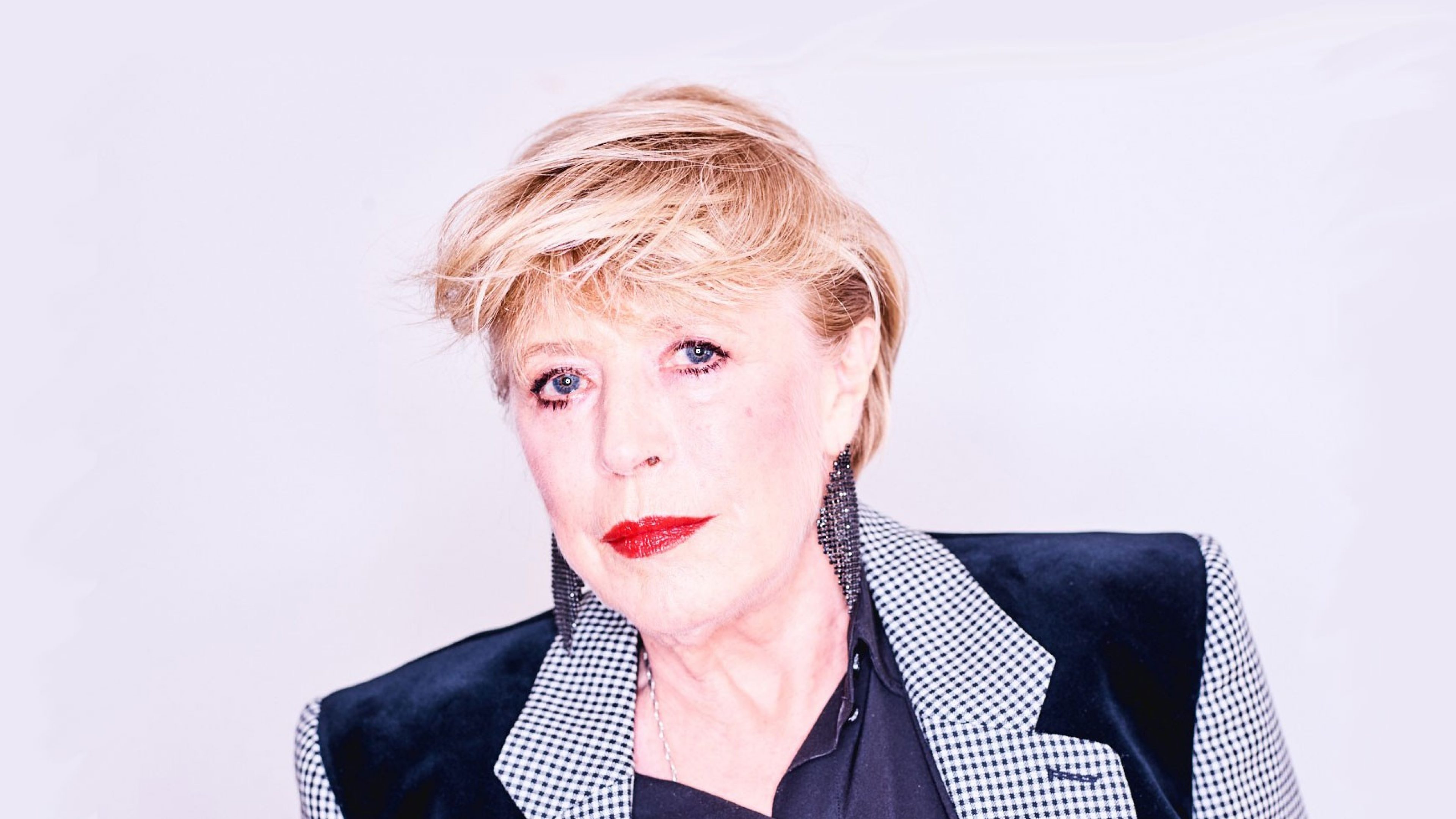Annie Ernaux is regarded as the doyenne of French literature. In her books, she rigorously takes herself to task in addressing social differences and female independence. A discussion about the difficult struggle for self-determination, both now and in the past.
In Venice, the film version of your novel “Happening” has just been awarded the Golden Lion. In it, you talk about your illegal abortion in France in the 1960s. What does this award mean to you?
I really like this movie. The director and the leading actress have managed extremely well to convey the feeling of loneliness; this sword of Damocles hanging over you. When I see what’s happening in Texas, I feel it’s all the more important to address this topic all over again. I’m afraid it’s only a matter of time before the right to abortion is challenged again in our country.
In this book, you describe the feeling of powerlessness – when you can’t decide for yourself about your body and your future – with brutal openness.
I wanted to record what it felt like to be a woman without the right to self-determination. You can no longer imagine what it was like when abortion was illegal. Nobody helped you – neither doctors, nor friends, nor your family. They all looked the other way. It was a feeling of immense loneliness. It was as if a brick wall had been raised in front of me, as if the law was saying to me: “stop there, you don’t go any further”. After all, I didn’t have the money to go to Switzerland as the more affluent girls did back then.
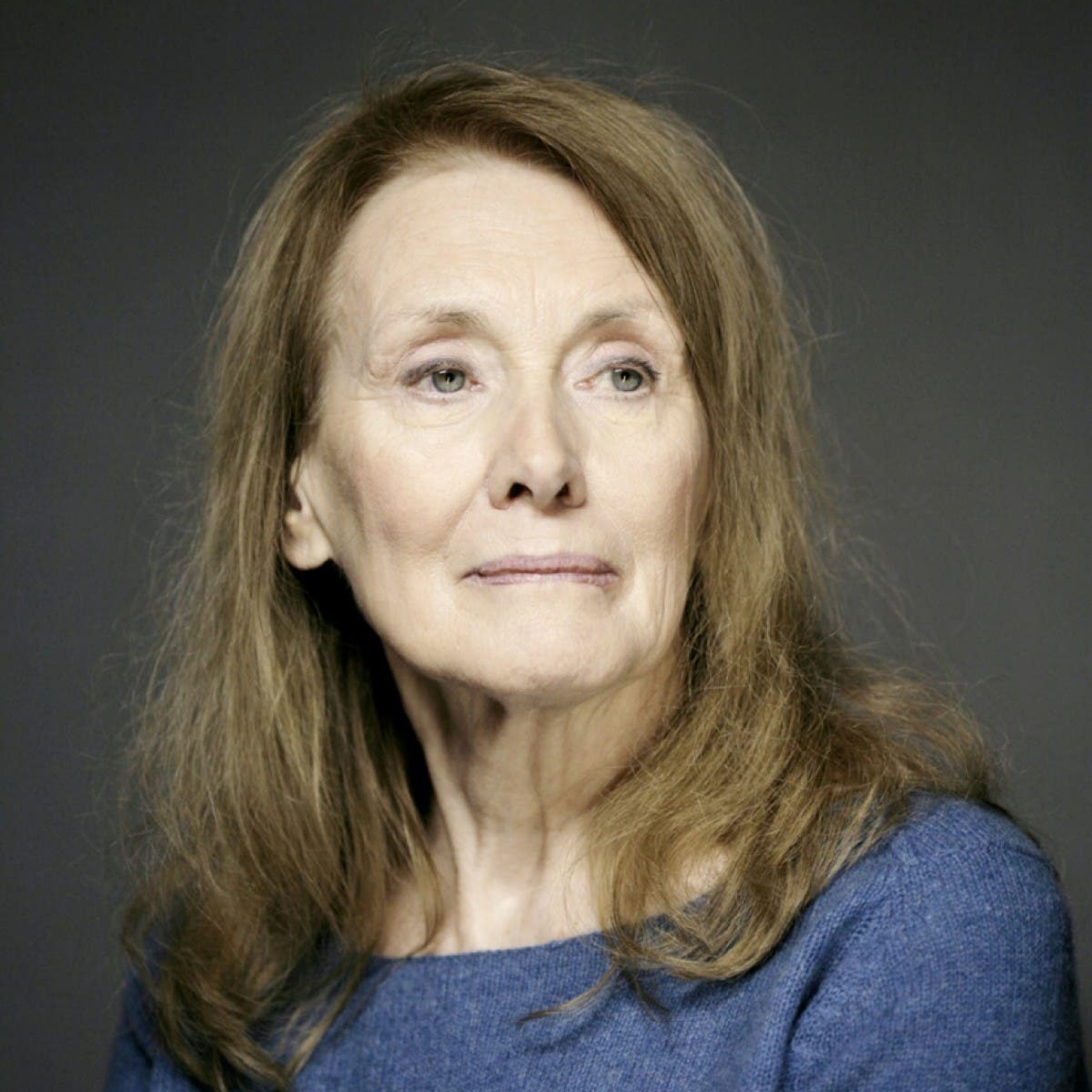
You grew up in a working-class family in Normandy and describe this moment as if your body were throwing you back into your milieu. What did you mean exactly?
When you try to escape your original social class, as I tried to do back then with my studies, you often ask yourself: What’s going to trip me up? What's going to stop me in the end? When I found out I was pregnant, it suddenly dawned on me: It would be my body, that’s what would stop me. At that time, an unmarried pregnant woman was the epitome of poverty. It was a guarantee that you’d never be set free. That it was all over.
But you didn’t just accept those social constraints. You wanted to decide for yourself how you would live, and you even accepted that you might die. After going to a back-street abortionist you ended up in the emergency room.
Oh God, yeah, it was horrible. I’m sure it sounds crazy, but in situations like that you don’t think you could die. You know it, but you put it right out of your mind. I just carried on and didn’t let this government ban stop me. I was proud of that at the time.
Where does your enormous desire for self-determination come from?
From my mother. Without her, I certainly wouldn’t be where I am today. Social advancement is a form of exile. You leave a whole world behind you, say goodbye to yourself in a way. It’s hard. To do that, you need someone who encourages you to do it, someone who says: Go on, jump! Someone who doesn’t hold you back, even if they know you’ll have to edge away.
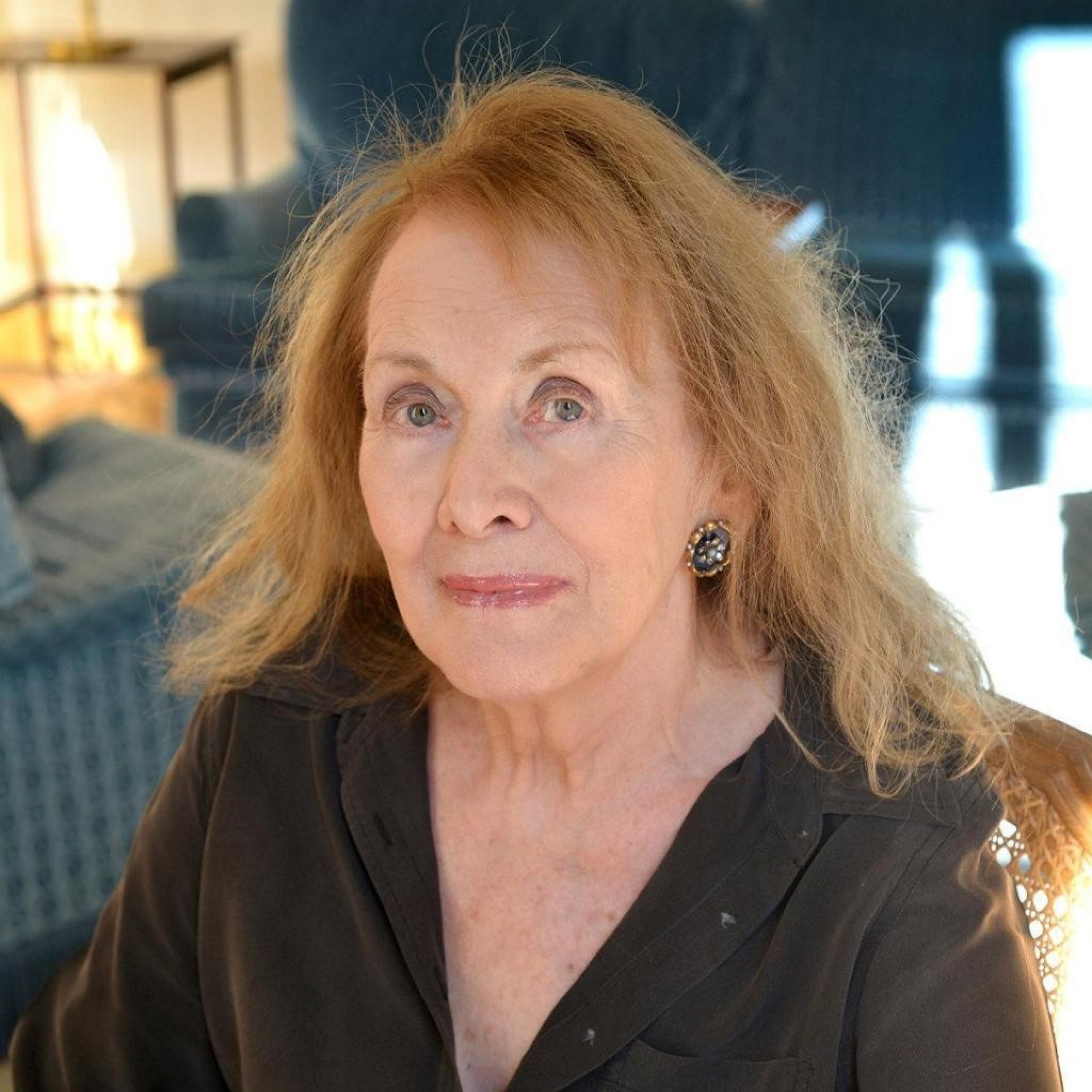
How did your mother support you?
In our village I had many friends whose mothers often said, “That’s nothing for us” and just made themselves scarce. My mother never did anything like that. She always said: “You’re worth it.” For example, I remember this one time at the village ball, when I had danced a lot with a boy whose parents owned a fancy café in the city. On the way back, one of the other mothers said: “That boy’s way too posh for us.” That’s when my mother got really angry. She said, “Excuse me, my daughter is graduating from high school! With all the diplomas she’s going to get, she’s definitely worth this guy!”
Education became your ticket to social advancement. So what led you to write in the end?
Two books. One was “The Second Sex” by Simone de Beauvoir. It was a revelation. Suddenly I understood: feminism is a must. And the second was “Distinction” by sociologist Pierre Bourdieu. It’s about the cultural differences between people born into a certain class and those who have found advancement. On reading it, I realised what a gulf existed between me and my original milieu, but also that I would never really belong to the new one. That’s when I knew I had to write about it.
In your autobiographical books, which are termed “literary sociology”, you also describe how, as a young girl, you felt ashamed about your origin. Where did that come from?
It’s the way others look at you. And that look is powerful. You always get looked at. And you’re always judged. In the eyes of other people, you’re either considered equal, or superior, or else as inferior. All our social relationships put us at a higher or a lower level.
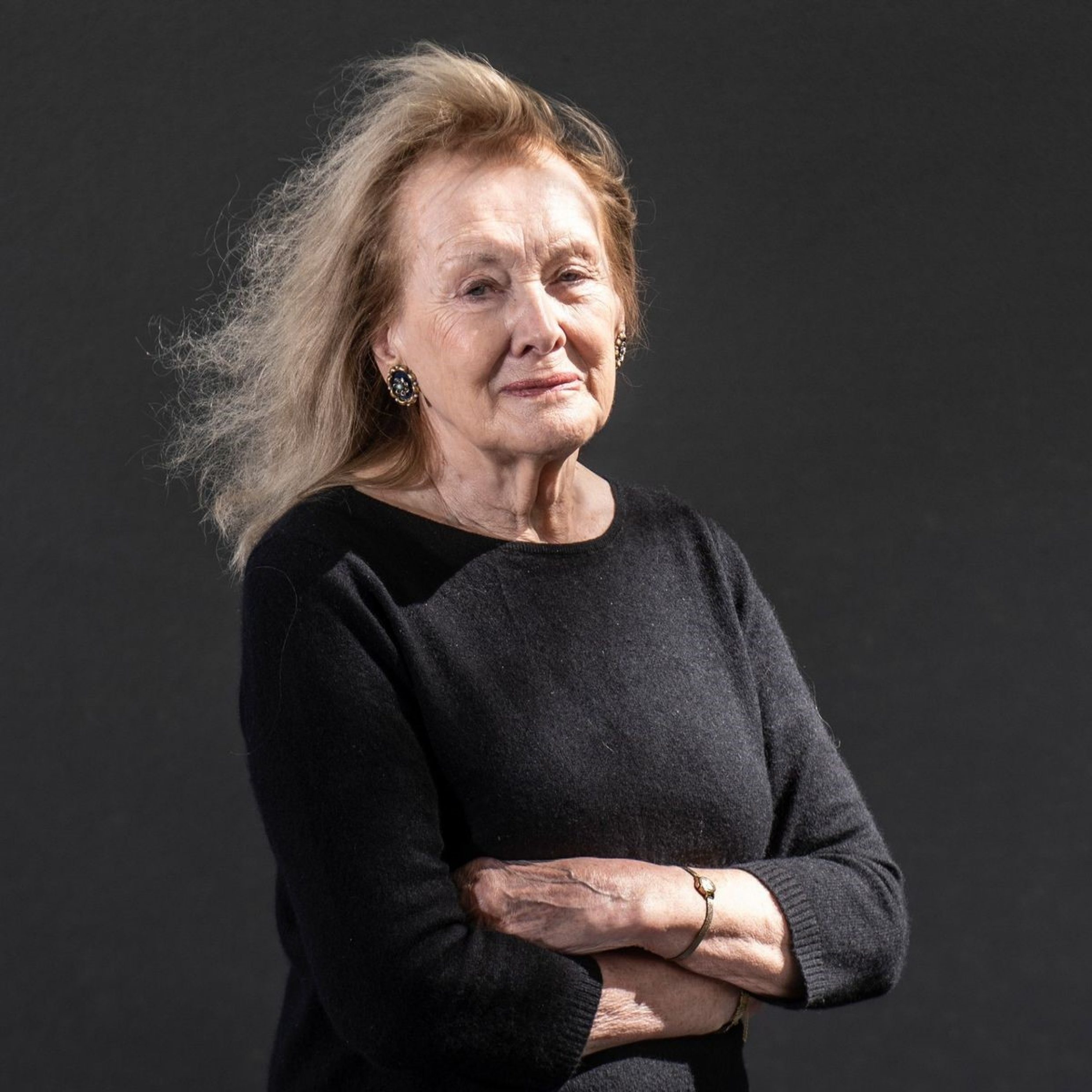
Does that still apply today? Or do you find society more socially permeable than when you were young?
The social differences exist in France then and now. Many people from the working and middle classes can actually hope for nothing more than to continue living like their parents did. Self-determination and social advancement remain very difficult – but it’s still possible today.
You even managed to climb to the top of the intellectual elite: today you’re considered the most important writer of your generation. But you've been living in a suburb of Paris for decades. You seem to be isolating yourself and not wanting to integrate completely.
I just don’t feel very comfortable in certain circles to this day. Not in my rightful place, so to speak. When I walk through Paris – through Saint Germain des Prés, past all the luxury boutiques, for example – it’s just not my world. I like nature, silence. I can’t see any fascination with this sophisticated world, I just don’t care for it.
Has success in your life made you freer or less free?
Neither. Success doesn’t mean much to me. It has little influence on what I do or how I see myself. I live for writing. I write most of the time here in my house. Sometimes I wonder if I’ve missed out on something because I’ve subordinated everything to writing. But when I read the many letters in which people tell me how important my books are to them and how they have changed their lives, then I think to myself: it was worth it. Maybe that’s exactly what I’m here for.
Pictures: © KEYSTONE /MediI Chebil; © Olivier Rolle/Suhrkamp

Annie Ernaux
Annie Ernaux (81) is France’s most famous living writer. She has won numerous prizes and for years has been one of the top favourites for the Nobel Prize in Literature. Ernaux grew up as the daughter of a working-class family in Normandy, then left her parental milieu behind and lived a middle-class life as a teacher and mother. Since 1974, she has published more than a dozen books – analytical works in which she addresses her biographical experiences and her social advancement, but also the lives of ordinary people in France. In recent years, her books have also been translated into English and German. The English translation of her book “Happening” was published by Fitzcarraldo Editions in 2019.
